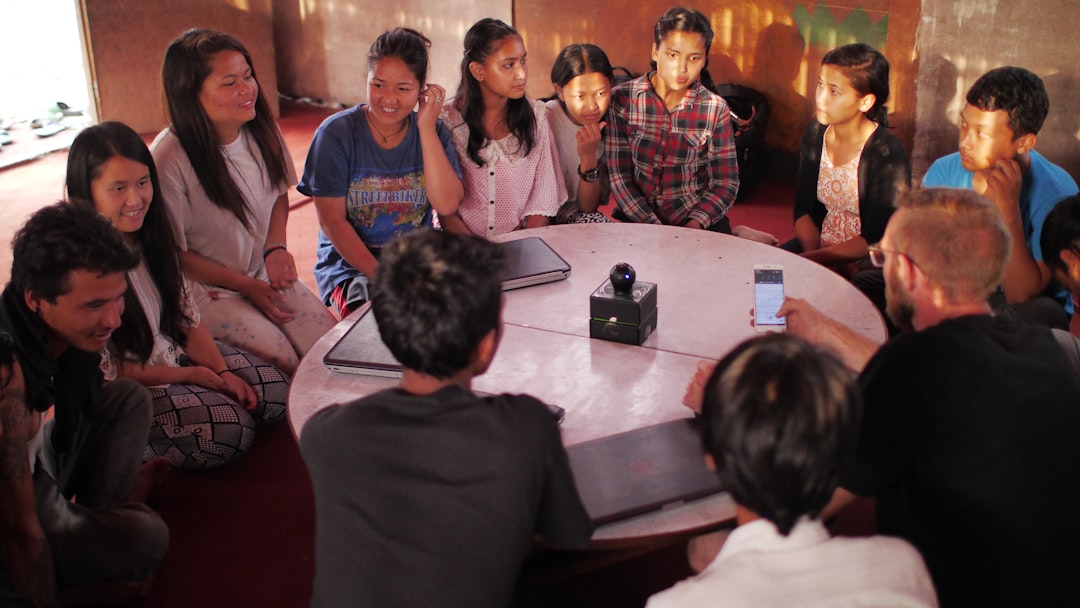Community gardens are far more than just spaces for growing plants. They are vibrant community hubs that nurture human connections, promote social inclusion, and create a genuine sense of belonging among diverse groups of people. In this post, we explore how community gardens serve as catalysts for social change and why they are essential for building healthier, more connected communities.
A Place Where Connections Grow
A Natural Gathering Ground
At the heart of any community garden is its ability to bring together people from various walks of life. These green spaces serve as natural meeting points where neighbors, newcomers, and even long-time residents can interact in an informal and relaxed setting. Amid rows of vegetables, blooming flowers, or newly sprouted herbs, people are encouraged to converse, share experiences, and develop lasting friendships. This spontaneous interaction strengthens local networks and helps bridge gaps that might exist in other parts of community life.
Breaking Down Barriers
Community gardens often transcend cultural, linguistic, and socioeconomic differences. The shared goal of nurturing life from the soil creates a common ground that minimizes traditional barriers. Here, a volunteer from one neighborhood might exchange gardening tips with a retiree or collaborate with a teenager passionate about sustainability. Such cross-generational and cross-cultural exchanges contribute to a melting pot of ideas and experiences, ultimately fostering a stronger, more unified community.
Cultivating a Culture of Inclusion
A Hub for Diverse Participation
One of the most significant social benefits of community gardens is their inclusive nature. These spaces are open to individuals regardless of their gardening skills, background, or age. Many gardens intentionally design plots or sections to suit a wide range of physical abilities and interests. For example, raised beds ensure that seniors and people with mobility challenges can participate comfortably, while community workshops cater to both seasoned gardeners and absolute beginners. This inclusivity not only enhances the gardening experience but also signals that every voice is valued.
Empowerment Through Shared Learning
Community gardens are also hotspots for education and skill sharing. They create an environment where knowledge—ranging from organic farming practices to the cultural significance of particular plants—is freely exchanged. This collaborative learning process empowers participants with practical skills and enriches their cultural understanding. More than just an educational platform, the act of sharing skills fosters mutual respect, reinforces community bonds, and builds social capital that extends far beyond the garden’s boundaries.
Nurturing a Sense of Belonging
A Shared Sense of Ownership
Belonging grows out of active participation and shared responsibility. Community gardens invite residents to invest time, energy, and care into a collective project that they can call their own. Whether through organizing planting schedules, planning garden events, or simply tending to a shared patch of land, everyone contributes to the garden's success. This shared stewardship instills a sense of pride and ownership, leading to stronger emotional ties with both the space and the people who nurture it.
Celebrating Community Milestones
Community gardens often evolve into focal points for celebrating local culture and community milestones. They host seasonal festivals, farmer’s markets, and cultural events that not only highlight the bounty of the garden but also the diversity and creativity of the community. These events offer opportunities for people to showcase their heritage, exchange traditional recipes, and celebrate local success stories. As community members come together to celebrate, they reinforce the notion that the garden is a symbol of collective achievement and belonging.
Beyond the Garden: Broader Social Benefits
Mental and Physical Well-Being
The benefits of being involved in community gardens extend well beyond the immediate social and environmental gains. Gardening promotes physical activity, reduces stress, and improves mental well-being—factors that are crucial for personal and community resilience. When community members feel healthier and more relaxed, they are more likely to contribute positively to the community at large.
Building Social Capital
Social capital—the networks of relationships among people in a community—is a critical ingredient for a thriving society. Community gardens help build this capital by creating lasting bonds among participants. These connections can lead to more effective neighborhood collaborations, stronger support systems, and a greater willingness to engage in community initiatives. In times of local challenges or crises, these networks provide a ready-made support system, ensuring that no one feels isolated.
Conclusion: The Seeds of Community Resilience
The social impact of community gardens is profound and multifaceted. By providing a space where people can connect, share, and grow together, these gardens offer more than just fresh produce—they cultivate a spirit of togetherness that ripples through the fabric of the community. From breaking down cultural barriers to fostering a culture of inclusion and belonging, community gardens are a testament to the power of collective effort and mutual care.
As we face an ever-changing world filled with both challenges and opportunities, community gardens serve as living examples of how small acts of cultivation can lead to significant, positive social change. They remind us that nurturing nature goes hand in hand with nurturing our connections to one another, paving the way for resilient, supportive communities where everyone can thrive.

Comments
No comments yet. Be the first to comment!
You must be logged in to comment. Login